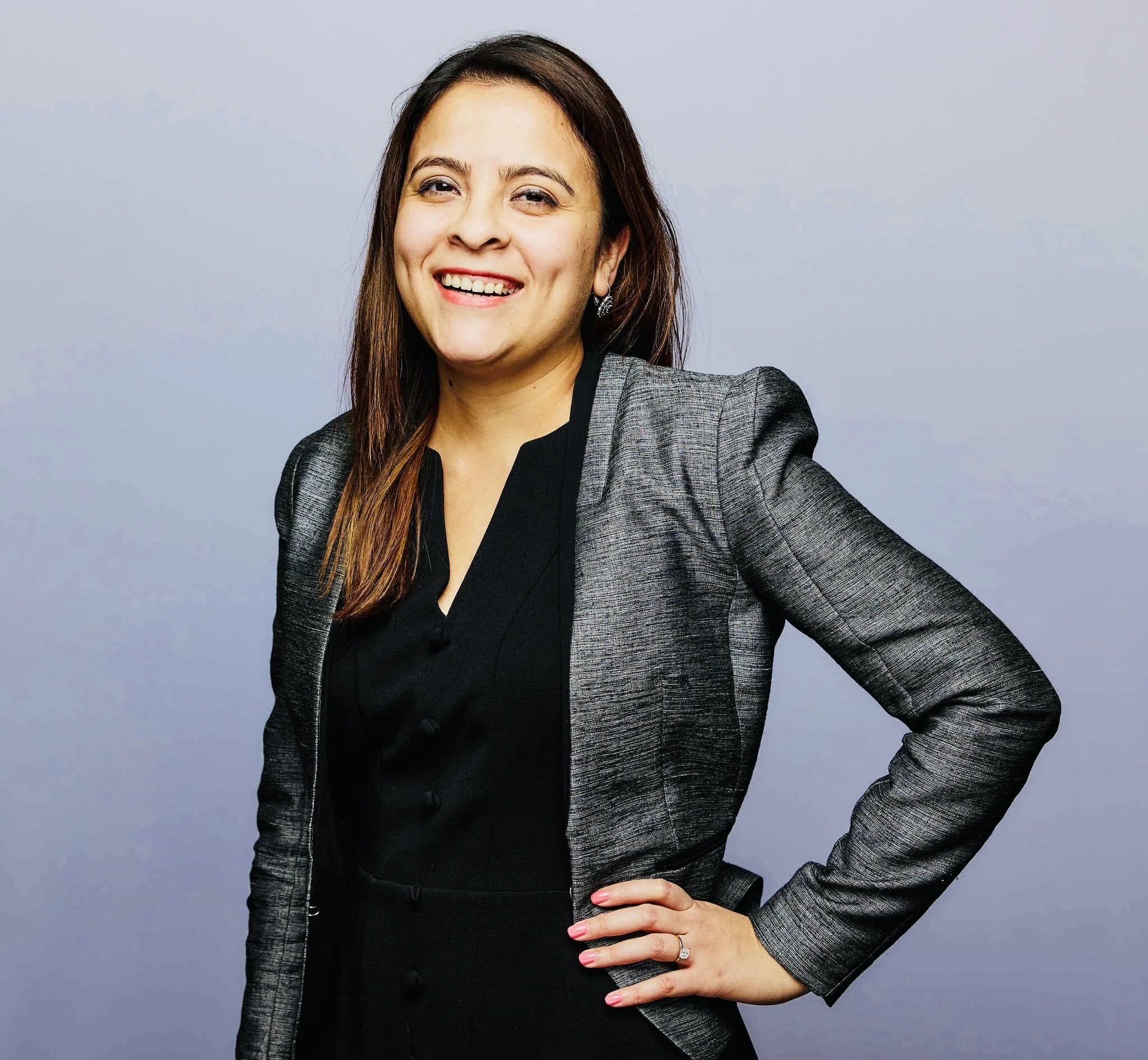On Her Own Terms: Dr. Brooj Abro’s Path to Resilience and Success
Some people are so incredible that they make you pause and reflect on just how lucky you are to know them—and for me, that person is my best friend of over 23 years, Brooj. She’d never agree, but she truly is a gifted genius and one of the kindest, most genuine people I know. My family can attest that she’s also the best doctor out there! As a board-certified hematopathologist, published author, and all-around amazing human, Brooj has had an extraordinary journey filled with bold decisions and hard-earned accomplishments. Her story is one of resilience, grit, and brilliance, and I’m so excited to share it with you. Here’s her interview.
Personal Journey and Career Choices
Looking back at our school days, did you ever imagine that we’d be living parallel lives in two such distinct fields—medicine and cybersecurity? What inspired you to pursue medicine?
I definitely didn’t! Back in school, I had no idea what cybersecurity was—haha—or even what a pathologist does, which is the field I now practice in. My inspiration to pursue medicine came largely from my parents. My father is a physician, and my mother has always deeply admired the profession. When it came time to choose my focus in school, I decided to take biology to see if it resonated with me, and I fell in love with it! Understanding the complexities of the human body, discovering what makes people sick, and learning how they can be healed—it felt both fascinating and meaningful. During medical school, I realized that I was most drawn to the diagnostic side of medicine, piecing together clues to uncover the root causes of illness. That curiosity and passion led me to explore pathology, and I’ve never looked back!
You’ve had such an impressive journey, from Aga Khan University, to Harvard, to Washington University in St. Louis, and now at Emory. What moments, either personally or professionally, stand out as turning points in your career?
I think the most important turning point in my life happened at a young age when I realized that I could achieve things others thought I couldn’t. This realization built a strong sense of self-belief and resilience in me. The pivotal decision that led to this experience was when I decided to drop out of school in 9th grade, register for my O Levels exams as a private student, and complete it a year earlier than my classmates.
It was a bold step and the first major challenge I set for myself—to teach myself and take an unconventional path. At the time, not many believed I could do it, and I can’t blame them. I hadn’t been the brightest student in school or the hardest working, so my potential wasn’t immediately obvious to others. Despite not being a high achiever in school, I always believed I had the potential to achieve more if I had a clear purpose and strong motivation. My goal of gaining admission to Aga Khan University’s medical college, a very competitive medical school in the country, became that driving force. I still remember my mathematics teacher cautioning me against registering for the exams early, concerned that I might not pass, which could hurt my chances for medical school. I knew his advice came from a good place, but I took it as a challenge. Through hard work and sacrifice, I not only passed but excelled, scoring above the 90th percentile in mathematics, physics, biology, and chemistry—all key subjects for medical school admissions. After being accepted at AKU, I felt things became more manageable—not because medical school was easy, but because I had learned to work hard, and I knew I had access to excellent resources and mentors.
Another turning point came during my time as a visiting medical student at Massachusetts General Hospital (Harvard) where I spent three months. This experience, made possible through the recommendation of a dedicated mentor, broadened my perspective and introduced me to the vast opportunities in pathology, the specialty I ultimately chose to pursue.
Pathology wasn’t a common choice among my peers. I think I’ve always been drawn to exploring paths that are a bit unconventional or unique. I feel incredibly fortunate to have chosen this profession and to have had the opportunity to work at such prestigious institutions and to learn from some of the leading experts and pioneers in the field. These experiences have profoundly shaped my career and fueled my passion for this specialty.
You’ve recently published The Washington Manual of Hematopathology. What was that process like, and what inspired you to contribute to such an important resource in your field?
What inspired me to publish this book was the need for a concise, user-friendly handbook in hematopathology and adding a new book to the well-known Washington Manual Series! When I matched at the Washington University Pathology Residency, I remember telling a friend who was wondering which “Washington University” it was, “It’s the one that publishes the Washington Manuals!” Never did I imagine I would one day become the lead editor of a new Washington Manual! Additionally, I was particularly inspired by two of my co-editors who also edited The Washington Manual of Surgical Pathology, they were incredible mentors and role models.
The process of creating the book and leading a project of this scale as a trainee and junior faculty member, was not without its challenges. Once again, I found myself pursuing a goal many believed was too ambitious. I vividly recall a faculty member cautioning me during an early collaboration discussion, remarking, 'You will be too busy as a fellow and junior faculty,' and asserting, 'It’s too early in your career to lead such a project.' Such comments only fueled my determination to prove that I can do it. I drafted the book proposal during the last year of my residency, and by the time it was accepted, I was in fellowship—a particularly demanding year. Managing fellowship responsibilities while working on the book was incredibly tough. Compounding the challenge, we learned that two new classification schemes in hematopathology were about to be released. To ensure the book was up to date, we delayed progress until the guidelines were published. While this delay gave me some breathing room during fellowship, it created intense pressure once the new guidelines were released shortly after I started my new job. There was so much work to do, I had to review the new guidelines, revise the table of contents, and update a few completed chapters to align with the latest standards. And there were also many chapters that were yet to be written. It was a monumental task, especially while juggling a demanding work schedule. During this time, I moved to a new city, started my first faculty job, bought my first home, and got married—all within two years! It was a whirlwind, but I was fortunate to have a supportive partner who patiently listened to my frustrations. Since we both love to work and were employed at the same institution, staying connected was easier—we often had breakfast and lunch together, where I’d share updates about my book and the countless frustrations and “drama” that came with it. I think he was more eager for the book to be published than I was—haha!
Collaboration was a critical aspect of completing this book, and it came with its share of challenges. I had to navigate working with a particularly difficult individual, which was quite an experience! However, I was also fortunate to collaborate with many dedicated co-authors who made the process rewarding. The project involved over 50 authors, including both senior and junior colleagues. My responsibilities included writing chapters, coordinating tasks, following up with contributors, and stepping in to write additional sections when needed.
Thankfully, I had the support of an experienced mentor and editor who provided invaluable guidance throughout the process. I also have to credit the publishing team for their constant follow-ups and encouragement, which kept reminding me that I need to keep pushing through.
Despite the difficulties, the outcome was incredibly rewarding. The book allowed me to contribute meaningfully to my field, collaborate with amazing colleagues, and mentor aspiring pathologists by offering them opportunities to co-author. This journey tested my resilience but also reinforced my passion for taking on unconventional challenges and turning them into meaningful accomplishments.
When I think of someone who is truly a self-made woman, you come to my mind. You’ve faced many challenges in your life, yet I’ve always seen you remain incredibly determined and focused on achieving your goals. How do you do it? What drives you to keep pushing forward, no matter what obstacles come your way?
My journey has been filled with its share of hardships, ups, and downs—just like it is for so many people. We all face challenges, and while it can sometimes feel like our struggles are harder than others’, we can never truly know what someone else is going through. What keeps me going is the understanding that what I do has a meaningful impact on others. For me, true fulfillment and motivation come from knowing there’s a purpose to my efforts. That sense of purpose gives me the strength to keep pushing forward, no matter the obstacles.
Digital Horizons: How Tech is Shaping the Medical Landscape
Technology plays a huge role in both our fields. How do you see emerging tech like AI shaping the future of medicine.
There is a lot of ongoing research in this area, and I am excited to see how AI and machine learning (ML) will continue to enhance and transform our practice! In my field there are several current and future applications for AI and ML, including analyzing digital pathology images and assisting in cancer diagnoses. AI tools are being developed to predict disease progression and treatment responses. AI also has the potential to enhance pathology education and expand access to pathology services in underserved areas by facilitating remote diagnostics and consultations.
Leadership and Challenges
We both have had the chance to mentor and guide others. What does mentorship mean to you, and how do you balance that role while continuing to push boundaries in your own career?
Mentorship plays a crucial role in professional development, particularly in academic settings where we are tasked with training the next generation of physicians. For me, mentorship is not just about teaching—it's a mutually enriching two-way learning process. There is immense satisfaction in witnessing the growth and success of mentees!
Workplace politics is something we all face. How have you do you navigate complex power dynamics in your field, and what strategies do you rely on to maintain your integrity and focus?
Navigating workplace politics can indeed be challenging but it also presents an opportunity to learn and grow. My approach centers on maintaining focus on the core objectives of my role and aligning with those who share similar professional values. Choose your battles wisely—not every conflict is worth engaging, and some are best addressed by staying grounded in your ethics and commitments. Be bold and advocate for yourself. Building a network of reliable allies in the workplace is also essential. They not only provide moral support but can also help navigate complex situations more effectively. Finally, it’s important to remember that if a workplace consistently undermines your values or hinders your career growth, it may be prudent to explore new opportunities where your contributions are valued and your professional growth is supported.
Finding Happiness and Fulfillment
Do you think it’s possible to have a balanced life while achieving career success, or do you believe there’s always a trade-off between personal fulfillment and professional ambition?
The possibility of achieving a balanced life while pursuing career success is deeply personal and varies according to how one defines balance. For some, work is not only a responsibility but also a source of personal fulfillment, making the line between professional and personal fulfillment blur. In my case, my commitment to professional growth sometimes necessitates working on weekends or during holidays to accomplish important goals. However, I also prioritize downtime, ensuring there are periods when I can step back and reduce my workload to rejuvenate. My husband and I share a similar work ethic, but we always carve out time for travel, social gatherings with friends and family, and hosting events at our home, which I very much enjoy!
How do you define success at this stage in your career, and has that definition changed over time?
For me, success is a sense of satisfaction with what I do and a commitment to continual improvement. Although not every day is perfect but knowing that my work makes a tangible difference in someone's life, is what defines success for me.
The Future and Personal Aspirations
After all that you’ve accomplished, from your medical career to publishing a book, what do you see as your next big challenge or goal?
My next big challenge? Well, that’s precisely the challenge—determining what it will be! I’m currently exploring a range of new project ideas that align with my commitment to making a meaningful impact. I believe that with time, the right project will present itself!
If you could give one piece of advice to young women or anyone in Pakistan or anywhere else who want to follow in your footsteps—whether in medicine or any STEM field—what would it be?
Achieving your goals often takes time, and you must persist. It is a long journey and along this journey try to celebrate how far you’ve come, rather than worrying about how far you still have to go. If you ever find yourself in a situation where it seems there's no light at the end of the tunnel, it’s okay to seek a new path. There’s always a way forward—sometimes it just involves finding a different route.
Lastly, tell us about the 'BADdest' challenge you've taken on in your career—the boldest, most authentic, and driven moment you're most proud of—and how it shaped you.
I’ve taken on many bold challenges in my career, but the 'BADdest' one was the first big challenge that I discussed earlier- dropping out of school, completing it early as a private student, and using that experience to gain admission to a highly competitive medical school when many doubted I could do it. This challenge stands out because I took it on at a very young age, with no prior accomplishments to prove I was capable. It taught me self-discipline and resilience, shaping the foundation of who I am today. Since then, whenever I’ve faced a daunting challenge or doubted my abilities, I’ve drawn strength from that experience. It proved to me that with determination, focus, and a positive attitude, I can accomplish anything I set my mind to.
When I asked Brooj about her 'BADdest' moment, I couldn’t help but smile because it’s one we took on together. Dropping out of school and taking that leap into the unknown wasn’t just a bold move—it was the foundation of so much of what we’ve achieved since. That shared experience brought us closer, shaped our paths, and taught us that sometimes the biggest risks lead to the most rewarding outcomes. I’m so proud of her, and it’s a joy to celebrate her journey and her wisdom here.
Maliha
Disclaimer: The content on this blog and website reflects a combination of my personal experiences, perspectives, and insights, as well as interviews and contributions from other individuals. It does not represent the opinions, policies, or strategies of any organization I am currently affiliated with or have been affiliated with in the past. This platform serves as a personal space for sharing ideas, lessons learned, and meaningful reflections.


